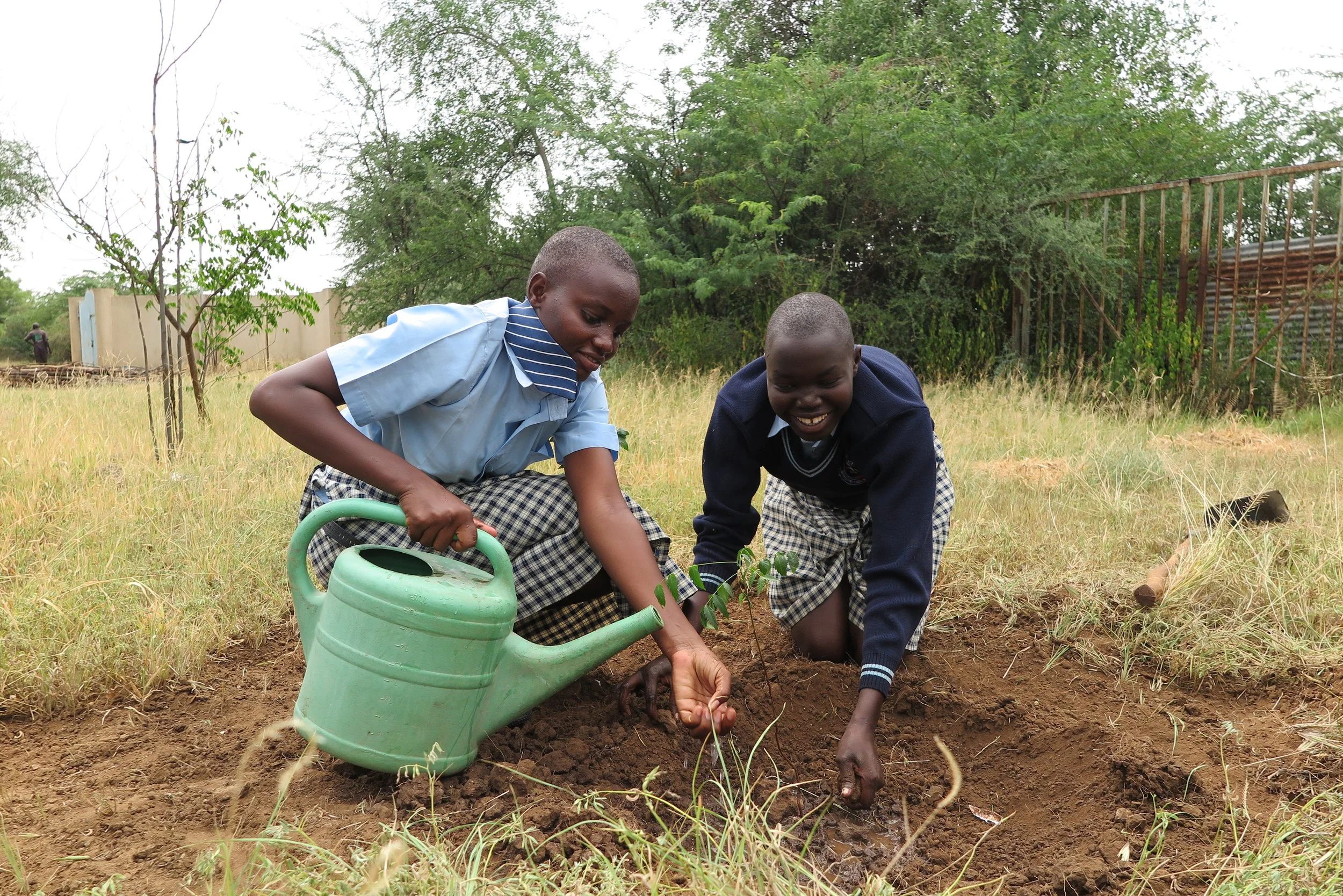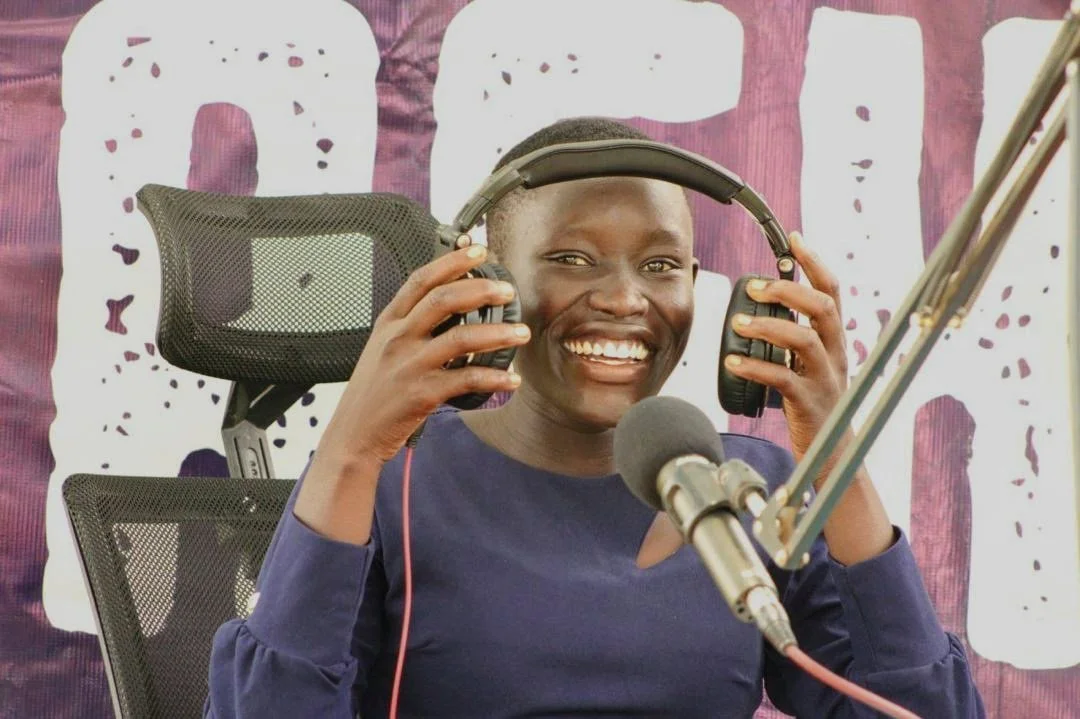
Advocacy
We know that lasting change doesn’t come from outside solutions parachuted in. It grows from within communities—rooted in education, nurtured by opportunity, and carried forward by local leaders. Mercy Beyond Borders Scholars and alumnae live this out every day, speaking up and promoting positive change across East Africa, Haiti and Malawi.

“Real change is made in dirt, not sky. ”
— Justice Sonia Sotomayor
How Change Takes Root
Change begins when girls are given the chance to learn.
Education equips them with knowledge and skills.
Volunteering and service strengthen their sense of responsibility to others.
Leadership training fosters confidence to speak, act, and guide.
This is how Mercy Beyond Borders prepares young women to become changemakers in their own societies. Through our comprehensive case-management approach, Scholars are equipped to put their skills and education into action—lifting their families and communities.
No Brain Drain
Talented students often leave developing countries to pursue education and opportunity abroad. But when they do, their nations lose the very teachers, doctors, and leaders needed for progress. At Mercy Beyond Borders, the story is different.
100% of our university graduates remain in their country of origin.
They are not leaving. They are leading. They stay because their education is not only their own—it belongs to their families, their sisters, and their country’s future.
Beatrice, a high school graduate from South Sudan, uses a weekly podcast and hair braiding business as a platform to advocate for girls' education in her refugee settlement in Uganda.
In South Sudan
Supported by Mercy Beyond Borders from primary school through university, Joyce earned a business degree in Kenya. She then returned to her home country of South Sudan to teach at St. Bakhita Girls’ Primary—her alma mater—and to raise her voice in a culture where women are expected to stay silent..
In a remote village, Joyce sat across from the chief and local leaders as they voiced a common concern: educating girls delays marriage and robs families of the cows given as bride-price. This view has barred generations of girls from classrooms.
Joyce met their words with steady resolve. Yes, education may delay marriage, she said—but she pointed to women whose schooling had raised, not lowered, their bride price. She expressed how educated women earn incomes that support their families for a lifetime. Education, she argued, is not a liability but one of the strongest investments a family can make.
By confronting entrenched norms with evidence and experience, Joyce challenges the narrative that devalues girls. In speaking out where silence has long been enforced, she is widening the space for change—and she is not alone. Many Mercy Beyond Borders alumnae are stepping forward to do the same.
In Haiti
Supported by Mercy Beyond Borders since primary school and now on a high school scholarship, Rose consistently performs top of her class. She is determined to be a role model for her siblings and other neighborhood children, steering them away from gangs and toward education.
As a Child Rights Ambassador, Rose leads discussions with parents about protecting children from abuse. She urges them to pay attention to families in their neighborhoods who may be experiencing domestic violence and to speak up if children are at risk. She encourages parents to share openly about their own approaches to raising children so that positive practices can be learned and reinforced across the community.
Although no parent can solve the overwhelming gang violence in Haiti, Rose emphasizes that what happens at home still matters. By protecting their children, supporting one another, and modeling healthier ways of parenting, they can lessen the harm and give the next generation a better chance—without adding to the cycle of violence.




